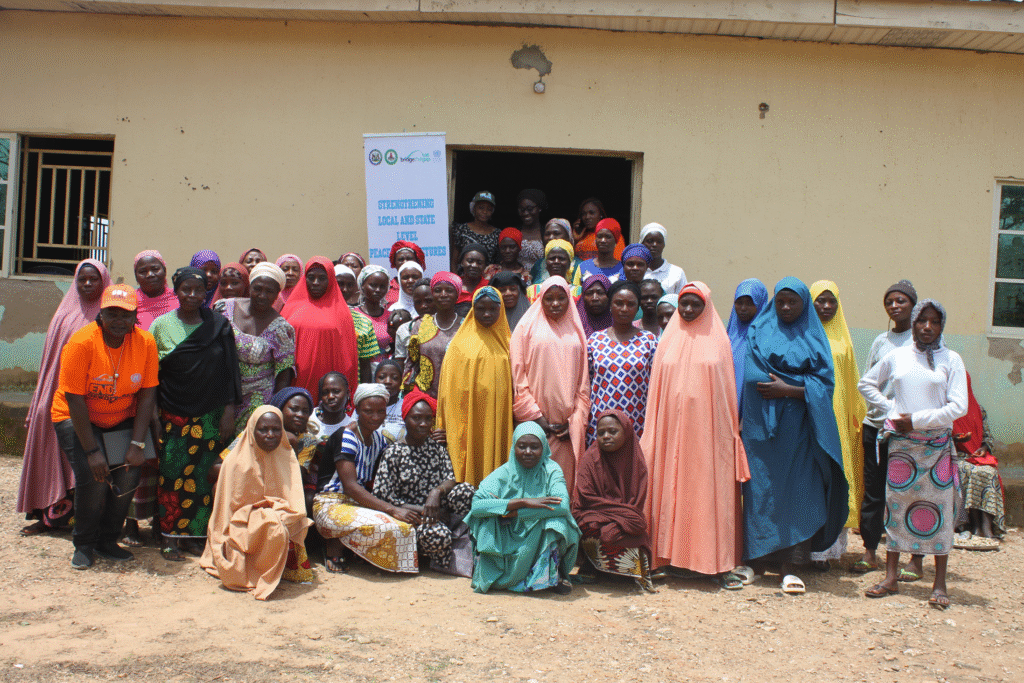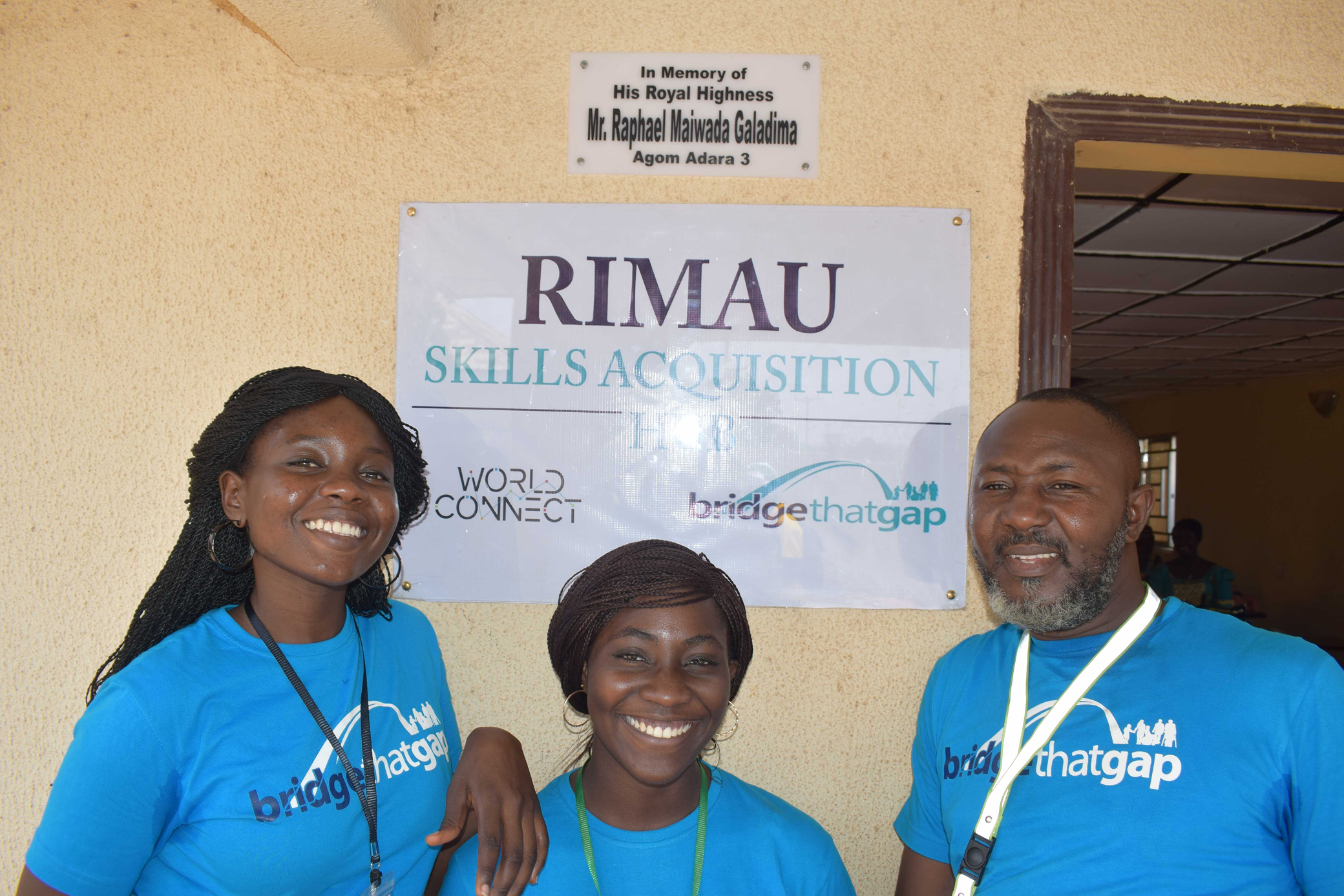No Widget Added
Please add some widget in Offcanvs Sidebar
Please add some widget in Offcanvs Sidebar

Bridge That Gap Hope for Africa Initiative (BTG) is a nonprofit organization committed to transforming lives and building stronger communities across Africa. Since its founding in 2016 and incorporation in 2018, BTG has worked to address some of the most pressing challenges facing individuals and societies today.
Through innovative programs and grassroots interventions, we create pathways for change in key areas such as governance, education, climate action, livelihood support, disaster risk management, peace-building, and mental health and psychosocial support. Beyond these, we are deeply passionate about advocating for safe spaces where women and girls can thrive, free from barriers and limitations.

Building sustainable communities by eliminating gaps in access to opportunities and basic rights within the vulnerable population.

To accelerate the fight against poverty through integrated intervention that promotes cooperation between relevant stakeholders to undertake development projects, ensure citizens engagement, equitable access to opportunities, and minimizes environmental degradation.

We take full responsibility for our actions and decisions, ensuring that every commitment we make is backed by measurable impact and trustworthiness.
We believe in being truthful and open in all our engagements, fostering authentic relationships with the people and communities we serve.
We uphold strong moral and ethical principles, ensuring that our work consistently reflects our values and mission.
We are dedicated to creating opportunities that embrace diversity, giving every individual — regardless of background or status — the chance to thrive.
We strive to treat everyone with respect and impartiality, ensuring that our programs and interventions are just and balanced.
We maintain openness in our processes and communications, building confidence through clarity and honesty at every level.
RAISE PUBLIC AWARENESS
INFLUENCE POLICY AND LEGISLATION
PROMOTE RENEWABLE ENERGY AND SUSTAINABLE PRACTICES
BUILD PARTNERSHIPS AND ALLIANCES
SUPPORT CLIMATE ADAPTATION MEASURES
INCREASE ACCESS TO EDUCATION
ECONOMIC EMPOWERMENT
PEACEBUILDING AND CONFLICT MANAGEMENT